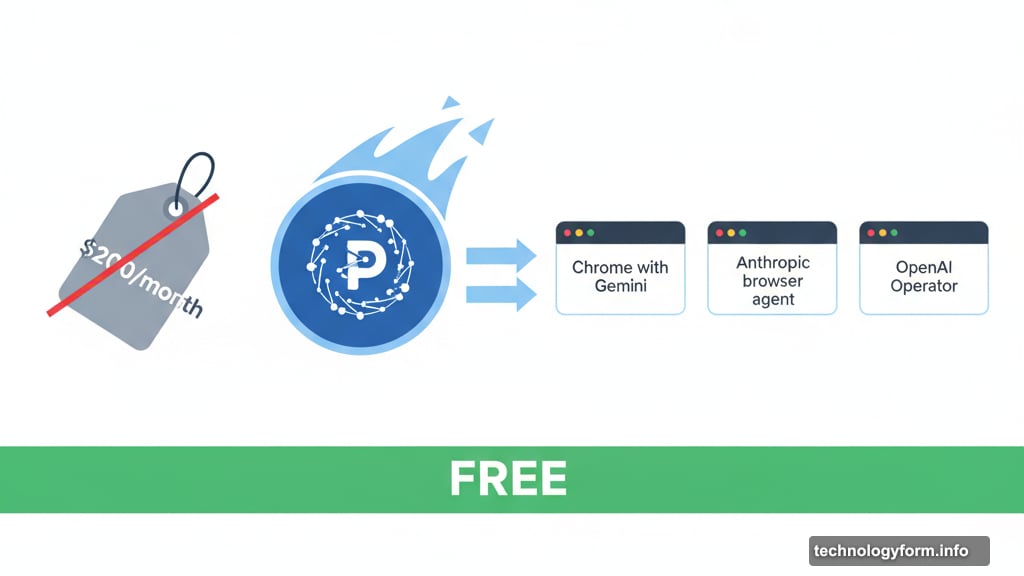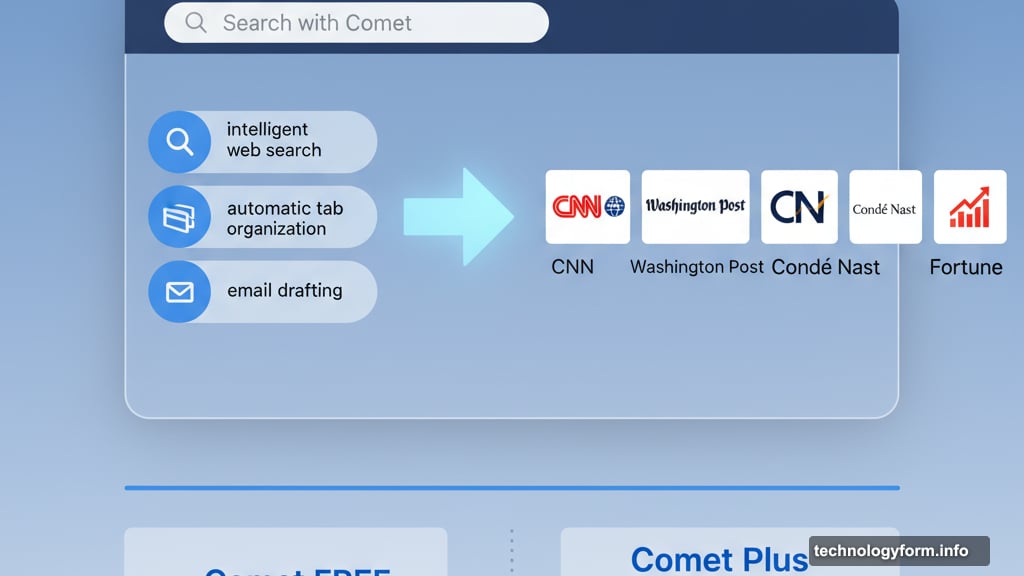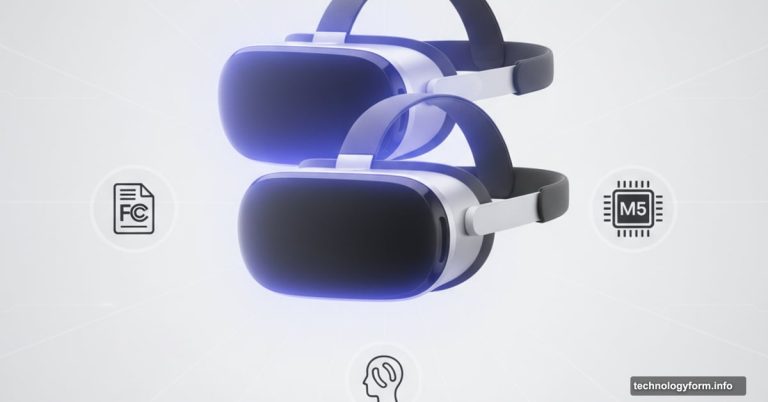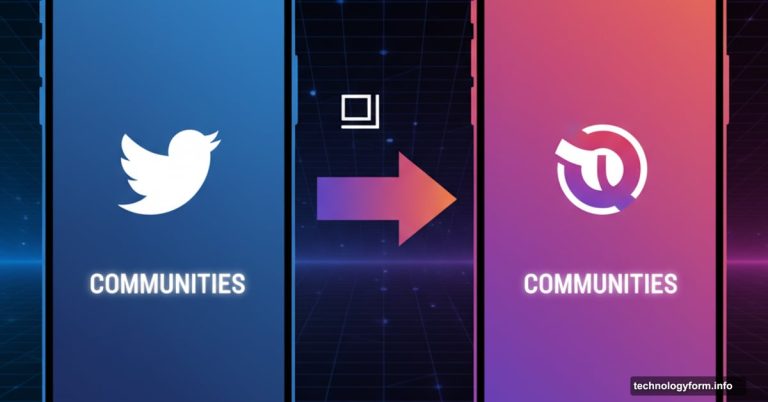Perplexity Just Made Its AI Browser Free. Google Should Be Worried
Perplexity AI dropped a bomb on Thursday. The startup’s Comet browser is now free worldwide.
That’s a big deal. Just three months ago, Comet cost $200 per month. Now anyone can use it without paying a cent. This aggressive move signals how seriously Perplexity takes the AI browser war.
Why Give Away a $200 Product for Free
The answer is simple. Competition got brutal fast.
Google integrated Gemini into Chrome in September. Anthropic launched its browser-based AI agent in August. Plus, OpenAI unveiled Operator in January, which uses a browser to complete tasks autonomously.
Perplexity faced a choice. Keep charging premium prices and watch rivals capture market share. Or make Comet free and grab users while the market’s still wide open.
They chose the aggressive path. Smart move considering the waitlist hit “millions” of people, according to the company. That pent-up demand now converts into actual users without friction.
What Makes Comet Different
Comet isn’t just another browser with AI bolted on. The company designed it as a personal assistant from the ground up.
The browser can search the web intelligently. It organizes tabs automatically. It drafts emails and helps with shopping. Most importantly, it integrates directly with Perplexity’s core search technology.
That last point matters more than it sounds. Perplexity built its reputation on AI-powered search that provides simple answers with source links. Now that capability lives inside your browser, ready to activate instantly.
However, Perplexity learned hard lessons about content sourcing. Media outlets accused the company of plagiarism last year. So they launched a revenue-sharing model with publishers to address the controversy.
The Publishing Partnership Play

Perplexity isn’t just giving away Comet. They’re also offering Comet Plus, a subscription that provides “trusted” content from major publishers.
The inaugural partners include CNN, Condé Nast, The Washington Post, Los Angeles Times, Fortune, Le Monde and Le Figaro. This list signals Perplexity’s attempt to legitimize its content sourcing while maintaining publisher relationships.
These partnerships serve two purposes. First, they provide premium content that justifies a paid tier. Second, they help Perplexity avoid the plagiarism accusations that plagued them earlier.
But here’s the question. Will users pay for Comet Plus when the base browser works fine for free? The company is betting some will value curated, high-quality publisher content enough to subscribe.
What’s Coming Next
Perplexity teased two major features on the horizon. A mobile version of Comet is in the works. Plus, they’re building Background Assistant, which can juggle multiple tasks simultaneously and asynchronously.
That Background Assistant feature could change the game. Imagine asking your browser to research three different topics, compare prices on five products, and draft two emails while you focus on something else. The browser handles everything in parallel and shows results when ready.
This capability moves beyond simple AI assistance. It’s closer to having a virtual employee working alongside you.
The Chrome Acquisition That Wasn’t
Remember when Perplexity made that audacious $34.5 billion bid for Google’s Chrome browser in August? Yeah, that didn’t happen.
But the bid revealed Perplexity’s ambitions. They want to compete directly with Google in the browser space. Making Comet free accelerates that strategy by removing barriers to adoption.
Google dominates with Chrome’s massive installed base. Perplexity can’t compete on reach. So they’re competing on features and intelligence instead. Free access just removes one more reason to stick with Chrome.
Why This Matters Beyond Perplexity

The browser wars are heating up again after years of Chrome dominance. But this time, AI capabilities define the battlefield, not speed or standards support.
Every major AI company now offers or integrates with a browser. OpenAI has Operator. Anthropic built browser-based agents. Google embedded Gemini into Chrome. And now Perplexity made Comet free.
This flood of AI browsers changes user expectations. Soon, people will expect their browser to understand context, complete tasks autonomously, and anticipate needs. Browsers that just display web pages will feel archaic.
The Real Test Starts Now
Perplexity made the easy part free. The hard part? Actually getting people to switch browsers.
Habits die hard. Most people stick with whatever browser came on their device. Chrome users don’t even think about alternatives. Safari dominates on iOS by default.
So Perplexity needs Comet to be dramatically better than existing options. Good enough won’t cut it. The browser must deliver obvious, immediate value that makes switching worth the hassle.
Plus, they need to nail the user experience. One clunky interaction or confusing feature will send people back to Chrome. The product has to work flawlessly.
CEO Aravind Srinivas joins CNBC Friday to discuss the free rollout. That interview will reveal whether Perplexity has realistic expectations or overly optimistic projections about adoption.
Either way, the AI browser race just got more intense. Google, OpenAI, and Anthropic now face a well-funded competitor offering premium features for free. That’s the kind of competitive pressure that drives rapid innovation.
Or forces companies to make desperate moves. Time will tell which path everyone takes.






